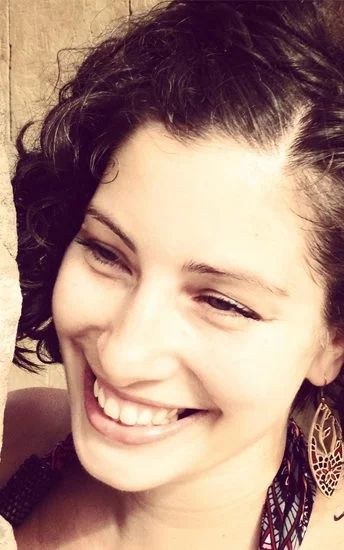Sex & Sin in Ancient Judaism & Early Christianity

This course will introduce ways in which sex was used as a proposed boundary marker for religious identity in Second Temple Jewish and Early Christian texts. Contextualizing these boundary markers in the cultural, religious, and political landscape of the Hellenistic & Roman Mediterranean destabilizes the meta-narrative concerning the picture of ‘proper’ sexual ethics and gender roles by exposing the permeability of those boundaries. We will explore how Jewish and Christian pseudepigraphal and apocryphal texts from the third century BCE to the third century CE can offer alternative access points into Jewish and Christian tradition. These texts offer a diverse set of voices that can be used to subvert oppressive interpretations that have had lasting and painful repercussions in lived gender experience because of the conflation of sex, gender, and sexuality with sin. We will engage with traditional readings of scriptural passages known as ‘clobber texts’ and challenge them with counter-oppressive readings from a hermeneutical range including feminist, queer, postcolonial, liberation, and ecological perspectives. Students will use these hermeneutical perspectives to develop ‘flipped scripts’ that speak to their own contexts. Topics such as religious leadership, ritual participation, sin, violence & rape, fertility & abortion, and sexuality in the ancient Mediterranean world will be surveyed and discussed in light of current debates on women’s ordination, reproductive rights, and LGBTQI identity to track how ancient debates are alive today and consider how silenced voices from this period may be used as counter-oppressive lenses for Biblical and extra-Biblical interpretation.
The format is asynchronous lecture/synchronous zoom discussion. Lectures will be posted to voicethread each week and online Zoom session participation is mandatory and will be primarily for group discussion of the lecture and the readings. Please note that due to the nature of the topic, some images and literary descriptions will be sexually explicit. Relates to Thresholds: 3. Sacred Text and Interpretation 4. History of Dissenting Traditions and the They/ological Quest and MFC Competency 3. Spiritual Development of Self and Others.
Enrollment max: 20. Auditors excluded.
